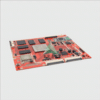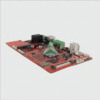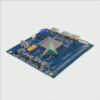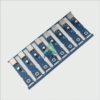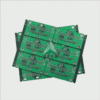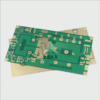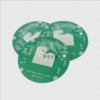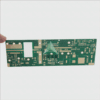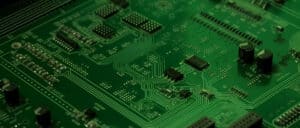Decoding the Prospects of PCB Contract Manufacturing 2024: An Insider’s Guide
Contract manufacturing of printed circuit boards (PCB) has become an invaluable service to companies worldwide in bringing innovative ideas to fruition. As we enter 2024, this article offers an insightful view into PCB contract manufacturing with its advantages, potential challenges, and key considerations when selecting a supplier.
PCB Contract Manufacturing: An Overview
PCB contract manufacturing services are provided by firms specializing in fabricating and assembling PCBs on behalf of organizations. These manufacturers take responsibility for your PCB production, relieving you of any complex processes related to sourcing materials, managing inventory levels, assuring quality control measures and overseeing advanced fabrication equipment.
Potential Advantages of PCB Contract Manufacturing
- Expertise and Experience: Contract manufacturers possessing both expertise and experience are better able to navigate the complexities of PCB fabrication and assembly more smoothly, guaranteeing your boards are produced efficiently with high standards in mind.
- Cost and Time Efficiency: Contract manufacturing can significantly cut costs by eliminating the need to invest in equipment, raw materials and labor; plus they have more efficient production lines that speed up their operations and decrease production times.
- Scale Flexibility: Companies working with PCB contract manufacturers can easily scale production up or down as per their needs, which is especially advantageous when meeting fluctuating market demands.
- Quality Assurance: Contract manufacturers implement stringent quality control measures to ensure the PCBs they produce meet industry standards and comply with certifications specific to industry.
Factors to Keep in Mind when Selecting a PCB Contract Manufacturer
- Experience: Check the track record of each manufacturer to ensure they consistently produce high-quality PCBs.
- Technology: Investigate whether the manufacturer utilizes cutting-edge equipment, machinery, and software in their PCB production process as this could significantly enhance quality and efficiency.
- Customer Service: Any reliable PCB contract manufacturer must offer excellent customer service and transparency regarding its manufacturing processes.
- Cost: When evaluating total manufacturing cost, be sure to include not only manufacturing expenses such as material costs and shipping charges but also expenses such as shipping charges and duty costs as part of this equation.
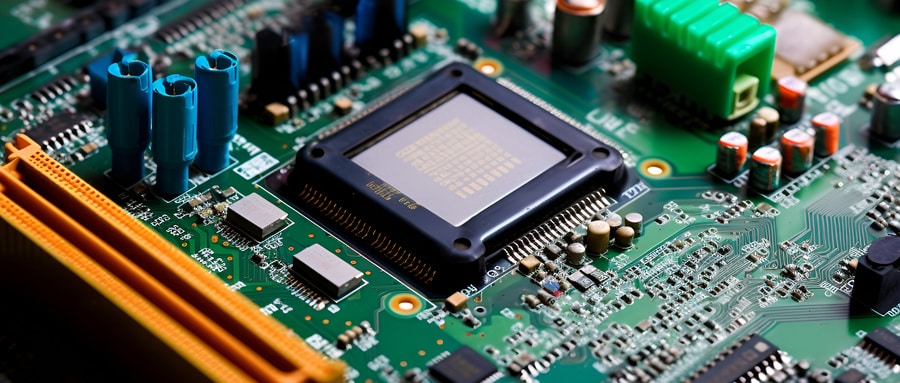
Unleash Boundless Potential in the Horizon
As industries search for cost-cutting manufacturing methods, demand for PCB contract manufacturing will only continue to increase beyond 2024. Companies looking to maximize value from PCB production should collaborate with an experienced contract manufacturer that combines technical proficiency, cost effectiveness and excellent vendor selection – something experienced contract manufacturers possess in abundance. Doing so can result in products with reliable performance and durability characteristics.
Contract PCB manufacturing can be an economical, time-saving, and resourceful approach for businesses to focus on what they do best: innovation. Select wisely and watch as your electrical engineering dreams become a reality!
Take the next step and turn your ideas into high-performing products! Get ready to transform them today.
FAQ:
- Q: What is PCB contract manufacturing?
A: PCB contract manufacturing is a service where a business outsources the production of printed circuit boards to a specialized manufacturer. The contract manufacturer produces the PCBs according to the business’s specifications. - Q: Why would a company choose to use PCB contract manufacturing?
A: Businesses may choose PCB contract manufacturing to save costs, improve efficiency, access specialized expertise, and focus more on core competencies like design and marketing. - Q: What services do PCB contract manufacturers provide?
A: Services can vary, but often include PCB fabrication, components sourcing, assembly, testing, and inspection. Some may also offer design services or assist with prototype development. - Q: How do I choose a PCB contract manufacturer?
A: When selecting a PCB contract manufacturer, consider factors such as their expertise, capabilities, quality assurance processes, pricing, and lead times. It can also be beneficial to review testimonials or case studies from previous clients. - Q: What is a turnkey PCB contract manufacturing service?
A: Turnkey PCB contract manufacturing means handling every aspect of the PCB production process, from design and prototyping to sourcing of components, assembly, testing, and delivery of the finished product. - Q: Can PCB contract manufacturers handle large-volume orders?
A: Yes, many PCB contract manufacturers are equipped to handle both small and large-volume orders. However, it’s always best to confirm this with the manufacturer based on your specific needs. - Q: How is pricing determined in PCB contract manufacturing?
A: Pricing is typically based on factors such as the complexity of the PCB design, the quantity of boards needed, the types and number of components required, and any specific manufacturing or testing requirements. - Q: Can I use PCB contract manufacturing for custom PCB designs?
A: Yes, PCB contract manufacturers typically specialize in producing custom PCBs based on designs provided by their clients. - Q: What should I provide a PCB contract manufacturer to receive a quote?
A: Typically, you would provide your PCB design, quantity requirements, and any specific manufacturing or assembly specifications. The more precise you are with your requirements, the more accurate the quote will be. - Q: How do PCB contract manufacturers ensure the quality of their work?
A: Quality assurance is usually a top priority for PCB contract manufacturers to maintain their reputation and retain customers. They may incorporate multi-levels of inspection and testing, utilizing both machine and manual checks, and follow manufacturing standards like IPC to ensure the quality of their work.

